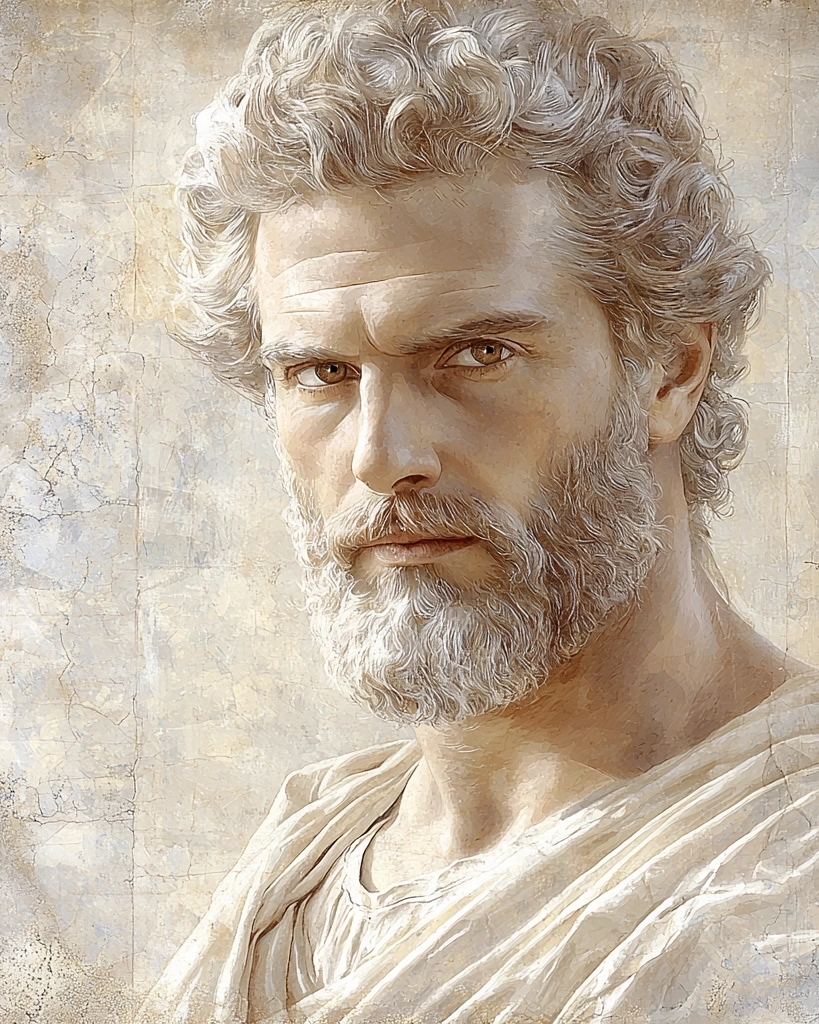Euphrates the Stoic: A Life of Wisdom and Virtue 🏛️
Euphrates the Stoic (c. 35–118 AD) was a Roman philosopher and orator. As a student of Musonius Rufus, he championed the practical application of Stoic virtues. His rhetorical skills made him an influential figure in both philosophical and political life.
Historical Context and Influence
Euphrates lived during the Flavian and Trajanic eras, a time of political transformation in the Roman Empire. His philosophy emphasized ethical conduct and civic responsibility. His speeches and teachings, praised by historians such as Pliny the Younger and Cassius Dio, reflect his high status. More on the history of Stoicism
Why Is Euphrates Still Relevant Today?
His teachings on moral integrity, political responsibility, and personal discipline remain as relevant as ever. He exemplifies how philosophy should not only inspire reflection but also action. More on modern Stoicism
Core Teachings
- Ethics and Politics: A philosopher should not only teach but actively contribute to society.
- Self-Control: Euphrates taught that a true Stoic is not ruled by passions.
- Eloquence as a Virtue: Words are powerful, but they must be used with virtue and reason.
Legacy
- Praised by Pliny the Younger as an outstanding orator.
- His philosophy influenced later Stoic and political thinkers.
- He bridged philosophy with practical political wisdom.
Virtues Embodied
- Wisdom: He saw philosophy as a tool for improving society.
- Courage: He stood for ethical principles even when politically risky.
- Justice: His speeches advocated for a virtuous government.
- Temperance: He taught self-restraint as a foundation of Stoic life.
Quotes from Euphrates
“The wise do not speak for the sake of speaking but to reveal the truth.”
“A philosopher should not only talk but act.”
“A virtuous life is the best argument.”
More Stoic wisdom: Stoic Quotes
Please Note
Stoic exercises and practices are meant to inspire, not instruct. For personal guidance, please consult an expert. Stoic Practices: Disclaimer


